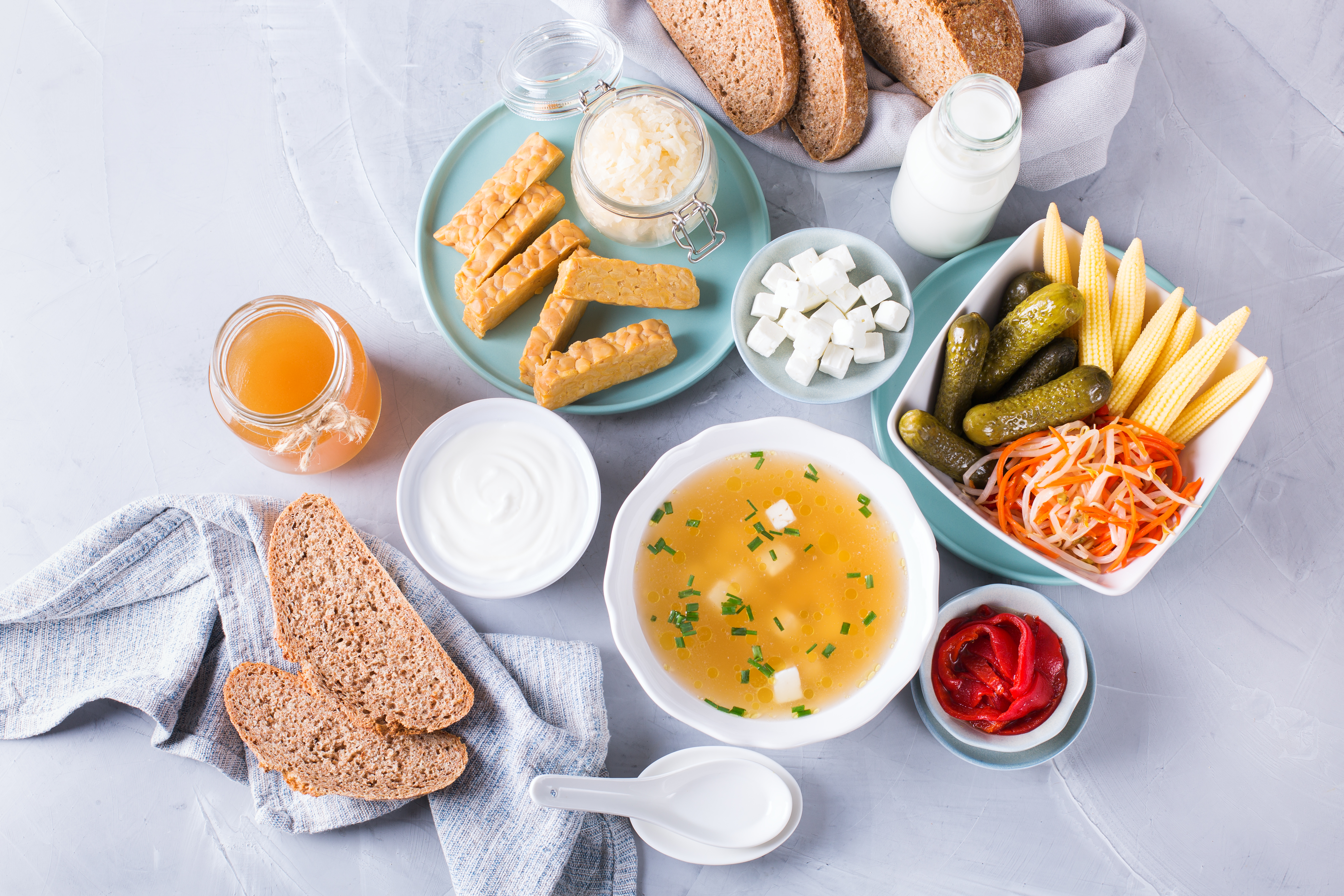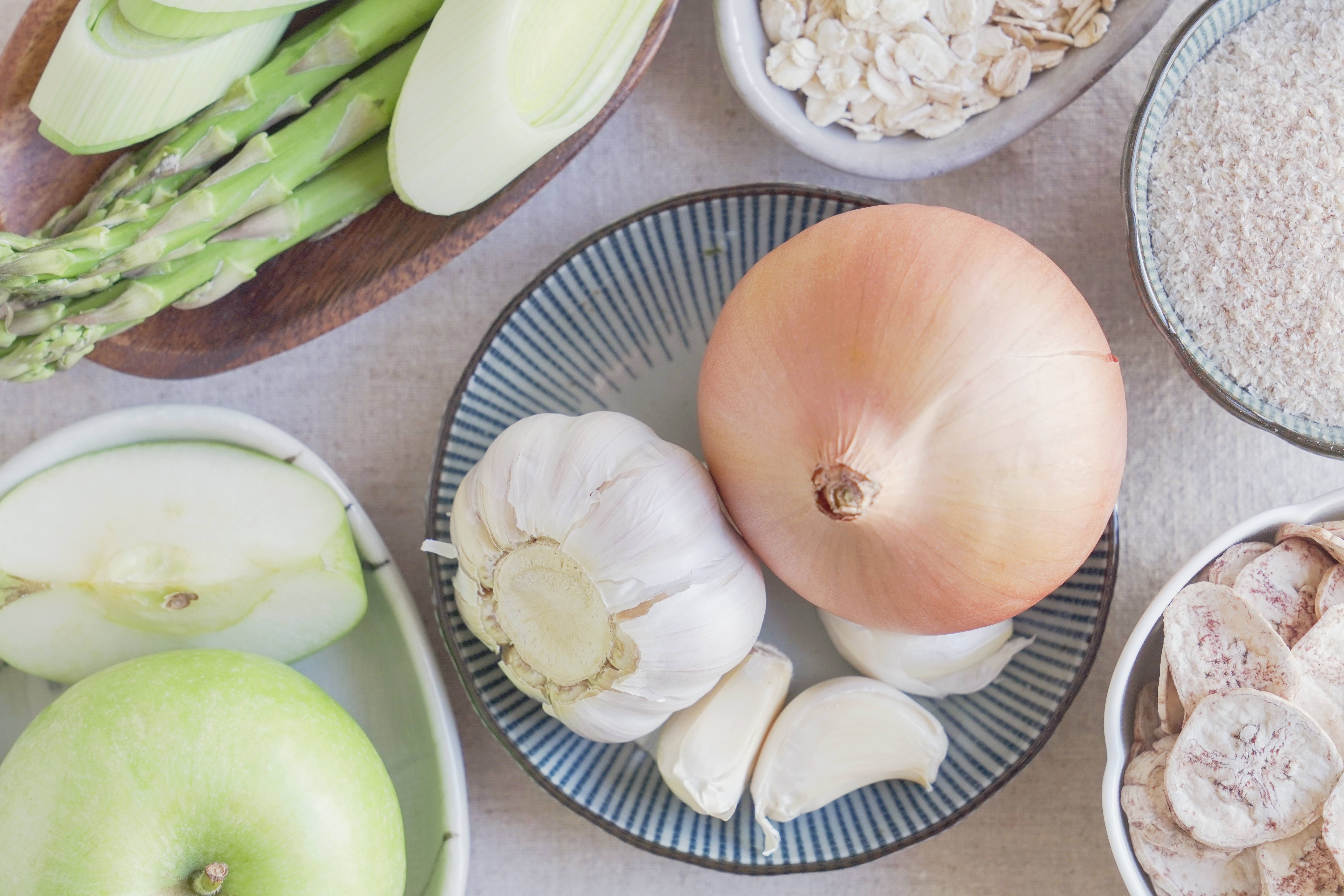Gut-Healing Foods to Add to Your Diet After Taking Antibiotics
Antibiotics may cure the infection—but they can wreak havoc on your gut. These powerful medications wipe out harmful bacteria, but they often take the good guys with them—leaving your digestive system out of balance, your immunity weakened, and your body more vulnerable to inflammation and discomfort. The good news? Your diet can help rebuild what antibiotics disrupted. Food isn’t just fuel; it’s medicine. The right choices can replenish beneficial bacteria, soothe your system, and restore your gut’s natural resilience. In this guide, we’ve expanded our list to 22 Gut-Healing Foods to Add to Your Diet After Taking Antibiotics—from probiotic powerhouses to fiber-rich favorites that feed your microbiome. Whether you’re recovering from a recent prescription or simply want to support better digestive health, these foods offer real, restorative benefits. Ready to heal from the inside out? Let’s rebuild your gut—one bite at a time.
1. The Role of Probiotics in Gut Health

Probiotics are live microorganisms that provide numerous health benefits when consumed in adequate amounts. They are often referred to as "good" or "friendly" bacteria because they help keep your gut healthy. After antibiotics, the levels of these beneficial bacteria can be significantly reduced. Consuming probiotic-rich foods like yogurt, kefir, and sauerkraut can help replenish these vital bacteria. Yogurt, for example, contains strains of Lactobacillus and Bifidobacterium, which are known to improve digestion and boost immunity. Kefir, a fermented milk drink, contains even more diverse strains of probiotics, making it a potent choice for gut health. Sauerkraut, a fermented cabbage dish, is another excellent source of probiotics, and its high fiber content also aids digestion. Including these foods in your diet can help restore the balance of bacteria in your gut, improve digestion, and enhance overall health.
2. Prebiotics: The Unsung Heroes of Gut Restoration

While probiotics are essential for gut health, prebiotics are equally important. Prebiotics are non-digestible fibers that feed the beneficial bacteria in your gut, helping them to grow and thrive. Foods rich in prebiotics include garlic, onions, leeks, asparagus, and bananas. These foods contain inulin and other types of fiber that promote the growth of probiotics. For instance, garlic and onions are rich in inulin, a type of soluble fiber that acts as a prebiotic. Asparagus and leeks also contain high levels of inulin, making them excellent choices for supporting gut health. Bananas, particularly when slightly green, are rich in resistant starch, another type of prebiotic fiber. By including prebiotic-rich foods in your diet, you can support the growth of beneficial bacteria, improve digestion, and enhance your overall gut health.
